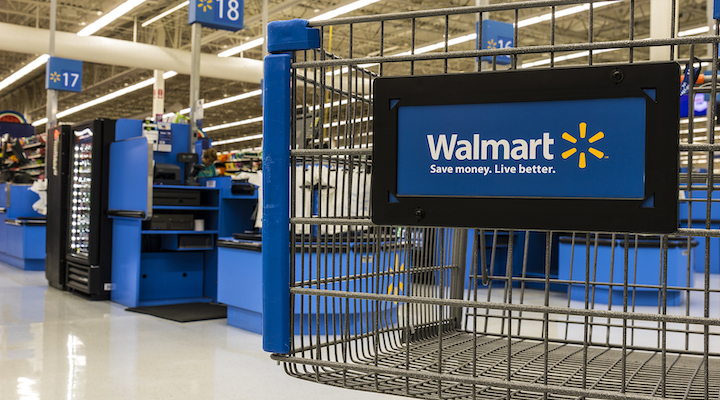Last week, Walmart made waves as the US-based global big-box chain announced that it would be rolling back several diversity, equity and inclusion (DEI) programs. The company confirmed that it will not renew its five-year commitment to create a racial equity center, ended its supplier diversity goals and has concluded its participation in the Human Rights Campaign’s Corporate Equality Index. In a publicly released email, Walmart stated, “We’ve been on a journey and know we aren’t perfe
perfect, but every decision comes from a place of wanting to foster a sense of belonging, to open doors to opportunities for all our associates, customers and suppliers and to be a Walmart for everyone.”
Walmart is just the latest retailer to join a growing list of players that have taken similar actions to appeal to a “wider” consumer base.
The motivation behind Walmart’s DEI decisions
Alison Taylor, a clinical associate professor at the NYU Stern School of Business and author of “Higher Ground: How Business Can Do the Right Thing in a Turbulent World”, told Inside Retail that there are a few factors behind Walmart’s DEI-downsizing moves.
“Walmart’s decision was partly a knee-jerk response to organized right-wing social media pressure campaigns, and partly a very concrete fear of litigation under the next Trump administration,” Taylor explained.
Another issue behind the demolition of DEI programs, she said, “is that there is mounting evidence that DEI programs as currently conceived may not be effective and may even worsen dynamics between social identity groups.”
Taylor noted it’s not just a coincidence that many of the firms that have reduced their DEI commitments also have large service agreements with the US government.
When did the switch flip on DEI?
Back in 2020, when it was considered to be more profitable to appeal to marginalized groups, many brands were eager to board the ‘inclusivity train’ and make bold statements about creating and upholding DEI programs.
Yet, once the public at large seemed to cool down in their interest in DEI programs and more conservative voices, such as those of anti-DEI activist Robby Starbuck, grew more accepted and audible, many retailers quickly changed course to ride public opinion.
As Starbuck, who credits himself with Walmart’s demolition of its DEI initiatives, stated in a social media post, “Companies can clearly see that America wants normalcy back. The era of wokeness is dying right in front of our eyes. The landscape of corporate America is quickly shifting to sanity and neutrality. We are now the trend, not the anomaly.”
In the wake of the growing acceptance of activities and content creators like Starbuck, brought on by Trump’s electoral win, more companies that once made openly progressive moves on the DEI front have been stepping back in the face of social backlash.
One example is the Bud Light controversy of 2023 when the alcoholic beverage brand featured trans content creator Dylan Mulvaney in an ad, then quickly took down the commercial upon immediate backlash from its more conservative consumers.
Another instance includes retailers like Target, Nike and The North Face removing some or all of their Pride-themed products in stores this June, after receiving multiple complaints in 2023.
Where DEI was once considered a popular buzzword in the world of retail, it has become something of a kiss of death for non-indie retail brands.
“Whether or not this will prove defensible in the long run is a much harder question,” Taylor noted, “especially if there are big crackdowns on immigration and rising pressure to speak up, but I’d expect retailers to proceed with extreme caution in the near term.”
Where does the retail industry go from here?
Nikki Porcher, the founder of Buy From A Black Woman, a non-profit that provides resources and support to Black women business owners, stated, “DEI isn’t a buzzword, it’s about equity and accountability.
“Companies abandoning DEI are showing that their commitments were performative. Our research study on the impact of the defunding of DEI programs shows that removing DEI means you’re ignoring barriers to access and progress…This isn’t the time to backpedal; it’s the time to invest more deeply impactful solutions,” Porcher emphasised.
“Under Trump’s presidency, we might see fewer diversity programs and protections in retail. Companies could pull back on equity-focused initiatives, making it tougher for Black women entrepreneurs to gain access to resources and opportunities. These shifts may lead to less representation and support for marginalized communities, making advocacy and accountability even more crucial moving forward,” Porcher concluded.

